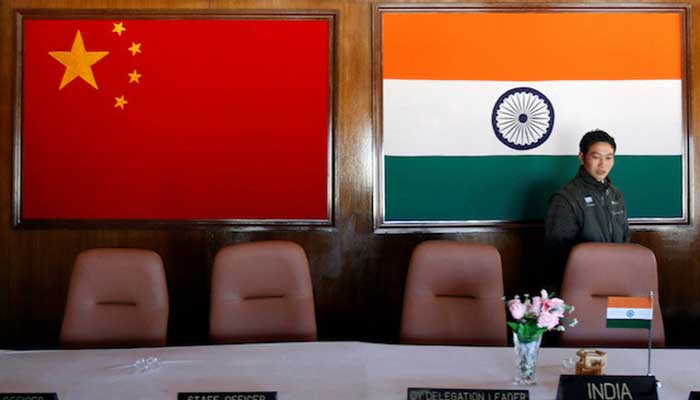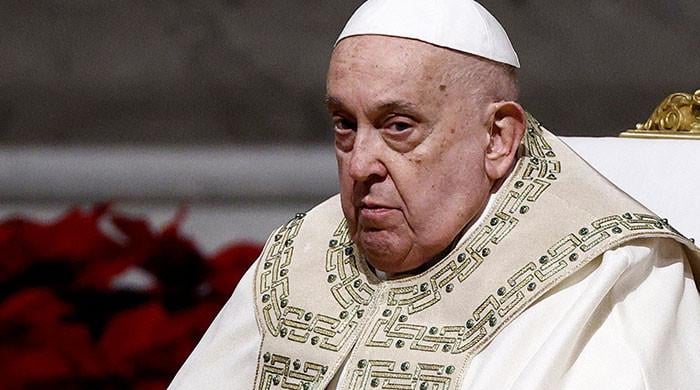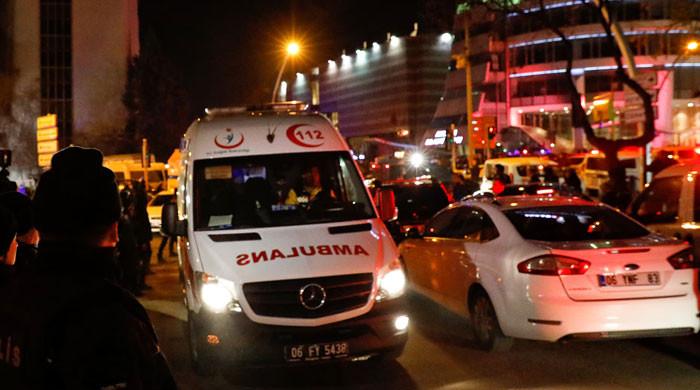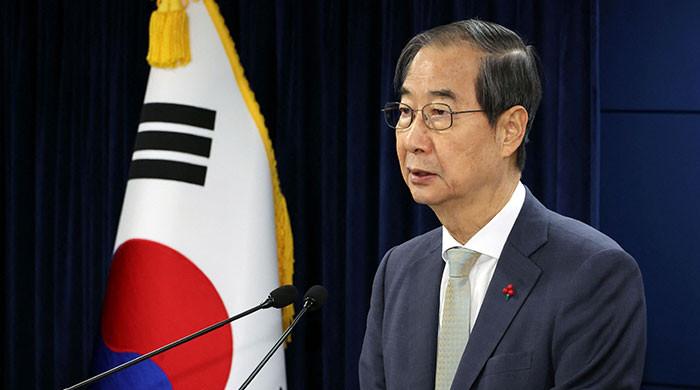China, India agree on 'a cooling of the situation' after Ladakh clash
Chinese foreign ministry spokesperson says the two sides 'exchanged frank and in-depth views' and 'agreed to maintain dialogue'
June 23, 2020

China and India agreed to reduce tensions a week after clashes in the Ladakh region left more 20 Indian troops dead and more than 70 injured in brutal hand-to-hand fighting.
The June 15 battle, reportedly fought with fists, clubs and rocks, was the first time troops have been killed on their border since 1975 and marked a major deterioration in ties between the two Asian giants.
Chinese foreign ministry spokesman Zhao Lijian said that after talks between the top regional military commanders on Monday, both sides "agreed to take necessary measures to promote a cooling of the situation".
The Press Trust of India said the meeting was between Lieutenant General Harinder Singh, commander of the 14 Corps, and Major General Liu Lin, commander of the Tibet Military District.
"The holding of this meeting shows that both sides want to deal with their disagreement, manage the situation and de-escalate the situation through dialogue and consultations," Zhao told a regular news conference.
The two sides "exchanged frank and in-depth views" and "agreed to maintain dialogue and jointly committed to promoting peace and tranquility in the border areas", Zhao added.
There was no official comment from New Delhi but an Indian army source said that after the meeting, reportedly lasting almost 11 hours, that there was a "mutual consensus to disengage".
He added that ways to reduce frictions in the Ladakh region opposite Tibet "were discussed and will be taken forward by both the sides".
The source gave no further details, but the clashes followed an earlier agreement to disengage struck in early June after weeks of rising tensions that included several brawls.
The June 15 violence took place around 4,500 metres (15,000 feet) above sea level in the Galwan valley, where both sides accuse each other of encroaching on their respective territory.
China has said it suffered casualties but has not given more details. Indian media reports suggested there were more than 40 casualties on the Chinese side.
The meeting between military commanders came ahead of virtual talks between the foreign ministers of India, China and Russia later Tuesday, ostensibly to discuss the coronavirus.











